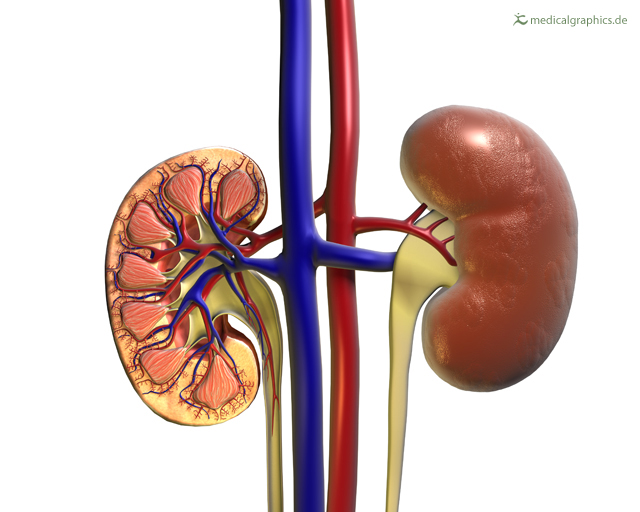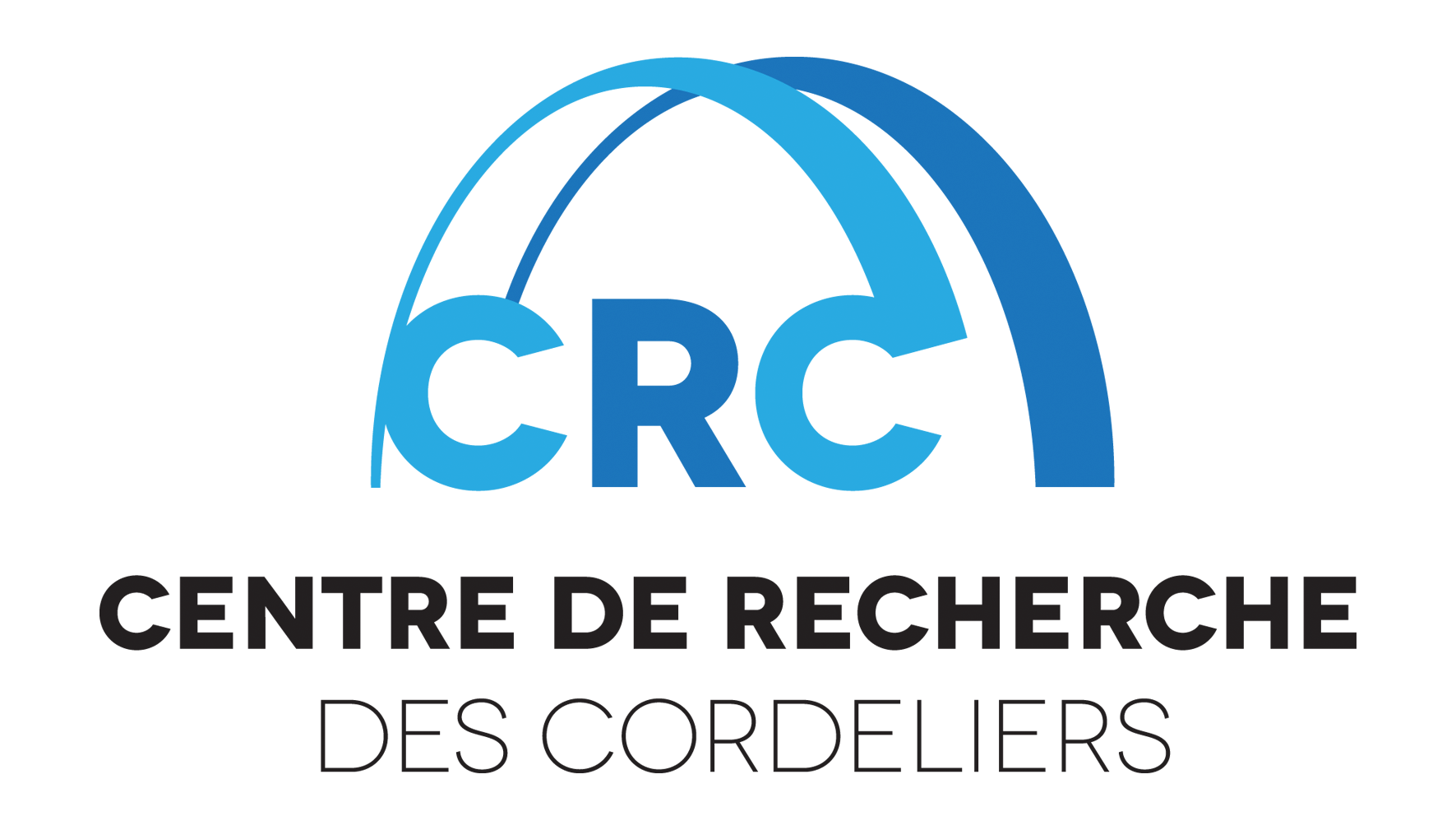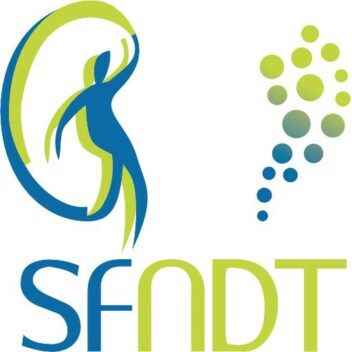Physiologie rénale et tubulopathies

Responsable d'équipe :
Gilles Crambert

Adjoint.e :
Lydie Cheval

Nous étudions les mécanismes par lesquels le rein régule le transport ionique et les mécanismes des pathologies associés (tubulopathies). Nous réalisons des analyses segmentaires de l’expression de l’ARNm/des protéines, des mesures de flux ioniques, des courants transépithéliaux ou des modifications du Ca2+/pH intracellulaire dans des tubules isolés microdisséqués, une technologie pour laquelle nous disposons d’une expertise unique. Nous étudions également les paramètres métaboliques et physiologiques chez les rongeurs.
Pour plus d’informations, suivez-nous sur Facebook et sur X.
Thèmes scientifiques
Homéostasie du sel et ses troubles
Nous étudions certains aspects de la régulation des transporteurs de Na+ ou de Cl- et leurs effets sur l'homéostasie globale du NaCl à l'état normal ou dans des pathologies (syndromes de Bartter et de Gitelman).
Homéostasie du potassium et ses troubles
Nous étudions certains aspects de la régulation de l'homéostasie du K+ à l'état normal ou dans des pathologies (maladie rénale chronique, COVID19).
Homéostasie des cations divalents et ses troubles
Nous étudions divers aspects de la régulation de l'homéostasie du Ca2+ et du Mg2+ dans des états normaux et pathologiques (maladie de Dent, hypercalciurie, hypercalcémie, néphrocalcinose ou lithiase).
Recherche génétique et translationnelle sur les tubulopathies
Phénotypage des tubulopathies héréditaires - relations phénotype/génotype - essais cliniques et thérapeutiques
Centre d'investigation de la fonction rénale
Notre équipe a développé une plateforme unique pour l'analyse des fonctions tubulaires rénales et des systèmes de transport d'ions chez les rongeurs, qui est utilisée dans la plupart de nos études et est accessible aux chercheurs externes.
Principales publications
Lipidomic Profiling of Kidney Cortical Tubule Segments Identifies Lipotypes with Physiological Implications. L. Cheval, V. Poindessous, J. L. Sampaio, G. Crambert, N. Pallet.Function (Oxford, England), 2024, Vol. 5 pp. zqae016 Link.
Low Exposition to Lithium Prevents Nephrogenic Diabetes Insipidus but Not Microcystic Dilations of the Collecting Ducts in Long-Term Rat Model. N. Tabibzadeh, M. Klein, M. Try, J. Poupon, P. Houillier, C. Klein, L. Cheval, G. Crambert, S. Lasaad, L. Chevillard, B. Megarbane.Archiv Der Pharmazie, 2024, Vol. 357 pp. e2400063 Link.
GDF15, an Emerging Player in Renal Physiology and Pathophysiology. S. Lasaad, G. Crambert.International Journal of Molecular Sciences, 2024, Vol. 25 pp. 5956 Link.
Claudin-10 Expression and the Gene Expression Pattern of Thick Ascending Limb Cells. G. Brideau, L. Cheval, C. Griveau, W.-M. E. Ling, L. Lievre, G. Crambert, D. Müller, J. Broćić, E. Cherchame, P. Houillier, C. Prot-Bertoye.International Journal of Molecular Sciences, 2024, Vol. 25 pp. 4008 Link.
A Novel Transgenic Mouse Model Highlights Molecular Disruptions Involved in the Pathogenesis of Dent Disease 1. I. B. Sakhi, E. De Combiens, N. Frachon, F. Durussel, G. Brideau, I. Nemazanyy, P. Frère, F. Thévenod, W.-K. Lee, Q. Zeng, C. Klein, S. Lourdel, Y. Bignon.Gene, 2024, Vol. 928 pp. 148766 Link.
A Focus on the Proximal Tubule Dysfunction in Dent Disease Type 1. E. de Combiens, I. B. Sakhi, S. Lourdel.Genes, 2024, Vol. 15 pp. 1175 Link.
Adipose Tissue Macrophage Infiltration and Hepatocyte Stress Increase GDF-15 throughout Development of Obesity to MASH. L. L’homme, B. P. Sermikli, J. T. Haas, S. Fleury, S. Quemener, V. Guinot, E. Barreby, N. Esser, R. Caiazzo, H. Verkindt, B. Legendre, V. Raverdy, L. Cheval, N. Paquot, J. Piette, S. Legrand-Poels, M. Aouadi, F. Pattou, B. Staels, D. Dombrowicz.Nature Communications, 2024, Vol. 15 pp. 7173 Link.
Chloride Deregulation and GABA Depolarization in MTOR Related Malformations of Cortical Development. N. Bakouh, R. Castaño-Martín, A. Metais, E. L. Dan, E. Balducci, C. Chhuon, J. Lepicka, G. Barcia, E. Losito, S. Lourdel, G. Planelles, R. C. Muresan, V. V. Moca, A. Kaminska, M. Bourgeois, N. Chemaly, Y. Rguez, S. Auvin, G. Huberfeld, P. Varlet, V. Asnafi, I. C. Guerrera, E. Kabashi, R. Nabbout, S. Ciura, T. Blauwblomme.Brain: A Journal of Neurology, 2024, pp. awae262 Link.
The apical 70-pS potassium K channel in the thick ascending limb of Henle’s loop is a large-conductance Na+-and Cl–activated, KNa1.1-like, channel. de Combiens E, Frachon N, Cheval L, Lourdel S, Paulais M. Am J Physiol Renal Physiol. (2024) link
Editorial: New advances in the renal regulation of K+ homeostasis in health and disease. Crambert G, Al-Qusairi L. Front Physiol. 2023 link
Renal K+ retention in physiological circumstances: focus on adaptation of the distal nephron and cross-talk with Na+ transport systems. Lasaad S, Crambert G. Front Physiol. 2023 link
GDF15 mediates renal cell plasticity in response to potassium depletion in mice. Lasaad S, Walter C, Rafael C, Morla L, Doucet A, Picard N, Blanchard A, Fromes Y, Matot B, Crambert G, Cheval L. Acta Physiol (Oxf). 2023 link
pH-dependence of the Plasmodium falciparum chloroquine resistance transporter is linked to the transport cycle. Berger F, Gomez GM, Sanchez CP, Posch B, Planelles G, Sohraby F, Nunes-Alves A, Lanzer M. Nat Commun. 2023. link
Claudin-19 localizes to the thick ascending limb where its expression is required for junctional claudin-16 localization. Dimke H, Griveau C, Ling WE, Brideau G, Cheval L, Muthan P, Müller D, Al-Shebel A, Houillier P, Prot-Bertoye C. Ann N Y Acad Sci. link
Acidosis-induced activation of distal nephron principal cells triggers Gdf15 secretion and adaptive proliferation of intercalated cells. Cheval L, Viollet B, Klein C, Rafael C, Figueres L, Devevre E, Zadigue G, Azroyan A, Crambert G, Vogt B, Doucet A.Acta Physiol (Oxf). 2021 Jul;232(3):e13661. link
Defective bicarbonate reabsorption in Kir4.2 potassium channel deficient mice impairs acid-base balance and ammonia excretion. Bignon Y, Pinelli L, Frachon N, Lahuna O, Figueres L, Houillier P, Lourdel S, Teulon J, Paulais M. Kidney Int. 2020 Feb;97(2):304-315 link
High-throughput sequencing contributes to the diagnosis of tubulopathies and familial hypercalcemia hypocalciuria in adults. Hureaux M, Ashton E, Dahan K, Houillier P, Blanchard A, Cormier C, Koumakis E, Iancu D, Belge H, Hilbert P, Rotthier A, Del Favero J, Schaefer F, Kleta R, Bockenhauer D, Jeunemaitre X, Devuyst O, Walsh SB, Vargas-Poussou R. Kidney Int. 2019 Dec;96(6):1408-1416. link
Adrenal adaptation in potassium-depeletd men : role of progesterone ? Blanchard A, Brailly Tabard S, Lamaziere A, Bergerot D, Zhygalina V, Lorthioir A, Jacques A, Hourton D, Azizi M, Crambert G. Nephrol Dial Transplant, 2019, gfz135 (ahead of print). IF 4.1 link
Increased expression of ATP12A proton pump in cystic fibrosis airways. P. Scudieri, I. Mussante, E. Caci, A. Venturini, P. Morelli, C.Walter, D. Tosi, A. Palleschi, P. Martin-Vassalo, I. Sermet-Gaudelus, G. Planelles, G. Crambert And L. Galietta. JCI insight (2018), 3, pii 123616. IF 6.0 link
Clinical and Genetic Spectrum of Type 3 Bartter Syndrome. Seys E, Andrini O, Keck M, Mansour-Hendili L, Courand PY, Simian C, Deschenes G, Kwon T, Bertholet A, Bobrie G, Borde JS, Bourdat-Michel G, Brochard K, Cailliez M, Charbit M, Cozette P, Davourie A, Dubourge L, Fila M, Jourde-Chiche N, Lavocat MP, Lemoine S, Lichtenberg L, LLanas B, Louillet F, Merieau E, Mileva M, Mota-Vieiria L, Mousson C, Nobili F, Novo R, Roussey-Kesler G, Vrillon I, Walsh S, Teulon J, Blanchard A, Vargas-Poussou R. J Am Soc Nephrol, 2017 ; 28 :2540-2552 : IF 8.5 link
Polyhydramnios Transient Antenatal Bartter’s Syndrome, and MAGED2 Mutations. Laghmani K, Beck BB, Yang S-S, Seaayfan E, Wenzel A, Reusch B, Vitzthum H, Priem D, Demaretz S, Bergmann K, Duin LK, Gobel H, Mache C, Thiele H, Bartram MP, Dombret C, Altmuller J, Nurnberg P, Benzing T, Levtchenko E, Seyberth HW, Klaus G, Yigit G, Lin S-H, Timmer A, de Koning TJ, Scherjon SA, Schlingmann KP, Bertrand MJM, Rinschen MM, de Backer O, Konrad M, and Komhoff M. The New England Journal of Medicine 2016; 374: 1853-1863. IF 59.6 link
Toutes les publications
Membres de l'équipe
Enseignants-Chercheurs
Hospitaliers/Hospitalo-universitaires
ITA/ITRF/BIATSS
Post-Doctorants







